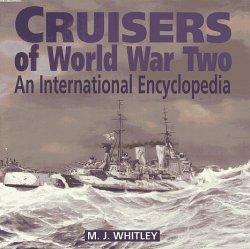As viewed by a Greek author writing toward the end of the fourth century in Asia Minor, the structure of the royal economy was very much the same as the operation two centuries earlier in Fars or Achaemenid Egypt. Analyzed in light of the Persepolis documents, the regional corpora show an undeniable internal coherence. This conclusion has the advantage of restoring an imperial universality to what is usually considered a simple reporting of local income. In particular, we have seen the considerable contribution of the Aramaic documents from Egypt to the discussion. Indeed, there is no decisive historical reason to consider Egypt a special case within the Empire. On the contrary, the evidence from Egypt fully reveals the limitations of the argument that would mechanically link the quantity of documentation with the degree to which a country was integrated into the imperial structures. Actually (and noting that the quantity of evidence is purely accidental), Egypt was the only country that succeeded in detaching itself politically from the center for two generations? Despite gaps in the documentation, and whatever the extent of local peculiarities, we may reasonably suppose that the management of royal property was organized identically in every satrapy in the Empire. The obvious concurrence of the analysis by Pseudo-Aristotle, the information in the Egyptian and Babylonian documents, and the Persepolis model leads us to think that this organization had been in place since the time of Darius.
These observations do not necessarily imply that the installation of an imperial administrative machine always obliterated local traditions, particularly in the socioeconomic and cultural realms. It is clear, for example, that the existence of a category called gardu did not obliterate other categories of worker in Babylonia. In the Aehaeme-nid period, as before, we encounter in Babylonia as many free laborers and owners as slaves proper and groups of dependents (often linked to the economy of the sanctuaries), whose status, to repeat the famous formula of the lexicographer Pollux, puts them “between free and slave.” In other words, the approach adopted here does not eliminate regional approaches; it makes them still more necessary. The inquiry has already been initiated in the course of the previous chapter (chap. 10/7). It will now be pursued more systematically.




 World History
World History









